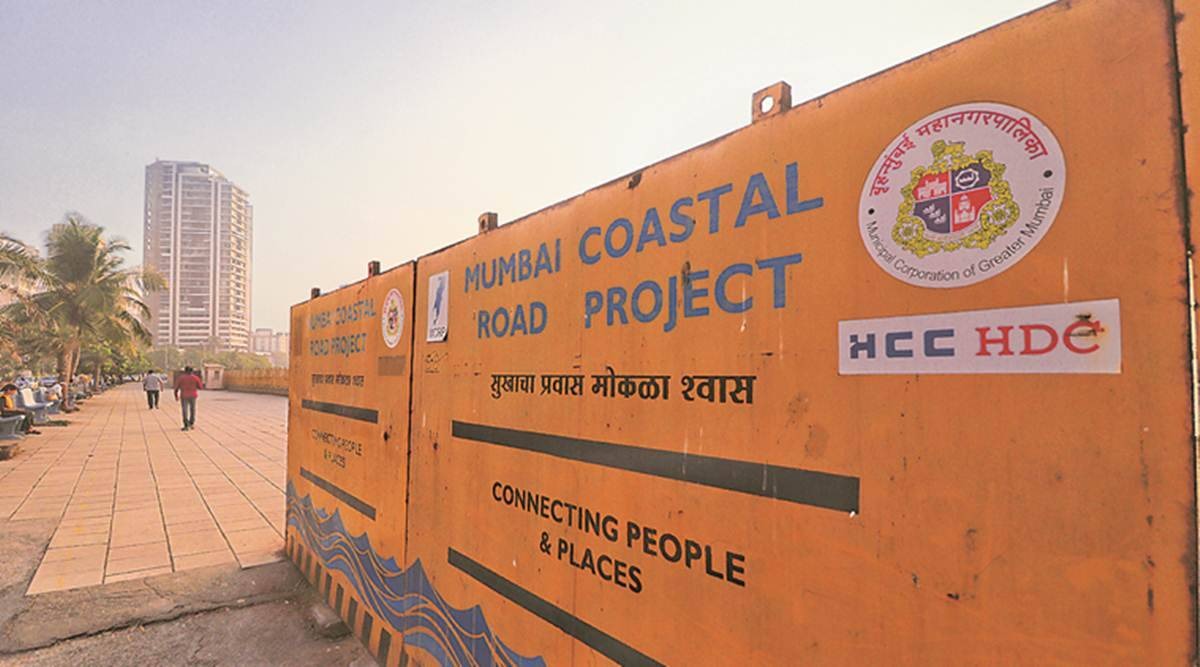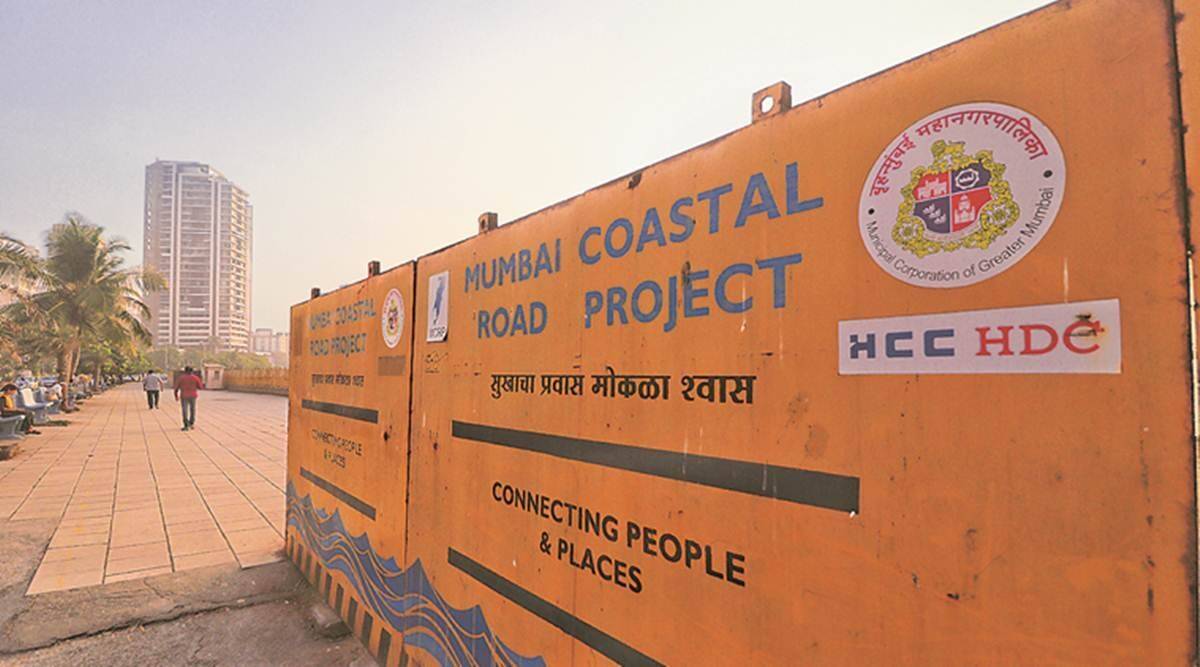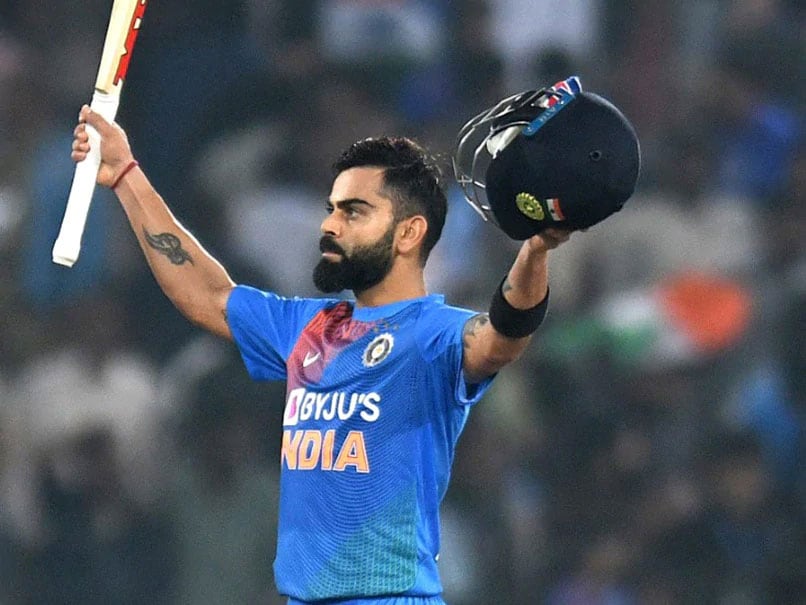[ad_1]
 The Rs 12,000-crore mission was to be accomplished in 4 years, because it commenced in October 2018.
The Rs 12,000-crore mission was to be accomplished in 4 years, because it commenced in October 2018.
THE BMC has set a July 2023 target for the completion of the 10.58-km coastal road from Princess Street Flyover at Marine Lines to the Worli finish of Bandra-Worli Sea Link, regardless of a five-month disruption final 12 months and the Covid-19 pandemic coupled with tensions between India and China. The earlier deadline was October 2022.
The Rs 12,000-crore mission was to be accomplished in 4 years, because it commenced in October 2018. In all, 20 per cent work for the mission has been accomplished at three websites — Worli, Amarsons Garden and Priyadarshani Park. “A deadline of July 2023 has been set for the entire project, instead of the earlier deadline of October 2022. We have completed 20 per cent of the total work despite the eight-month delay due to court hearings and Covid-19 restrictions,” stated Vijay Nighot, chief engineer, coastal road mission.
The BMC set a target of finishing 30 per cent of the work by December 2020. Due to Covid-19 restrictions and tensions between India and China, the tunnelling work for the underground part of the coastal road was delayed.
In February and March 2019, a bunch of petitions had been filed in opposition to the mission. After the listening to on July 17, 2019, the Bombay High Court quashed coastal regulation zone clearance for the mission and directed the civic physique to get setting clearance below the EIA Notification 2006. Following this, the BMC approached the Supreme Court. In December 2019, the apex court docket stayed the High Court order and allowed the civic physique to proceed solely road work. The matter is being heard within the SC.
The tunnel boring machine (TBM) manufactured by China Railway Construction Heavy Industry Co arrived in Mumbai on April 26 from the Shanghai Port to Mumbai’s Jawaharlal Nehru Port. The machine was introduced in by coastal road contractor L&T, which has bagged the contract for road building between Princess Street on Marine Lines and Baroda Palace in Mahalaxmi. Due to the India-China deadlock, nevertheless, the assembling of the TBM started solely after October.
The slurry-based TBM, stated to be the most important deployed in India, can be used for tunnelling a 3.45-km twin undersea tunnel from Priyadarshini Park at Malabar Hill to Girgaum Chowpatty. The BMC is aiming to begin tunnelling by early subsequent 12 months at the same time as its assembling is underway at Priyadarshini Park. At current, L &T is utilizing a slurry-based TBM for tunnelling work of the Metro in Bengaluru.
© The Indian Express (P) Ltd
[ad_2]
Source hyperlink












